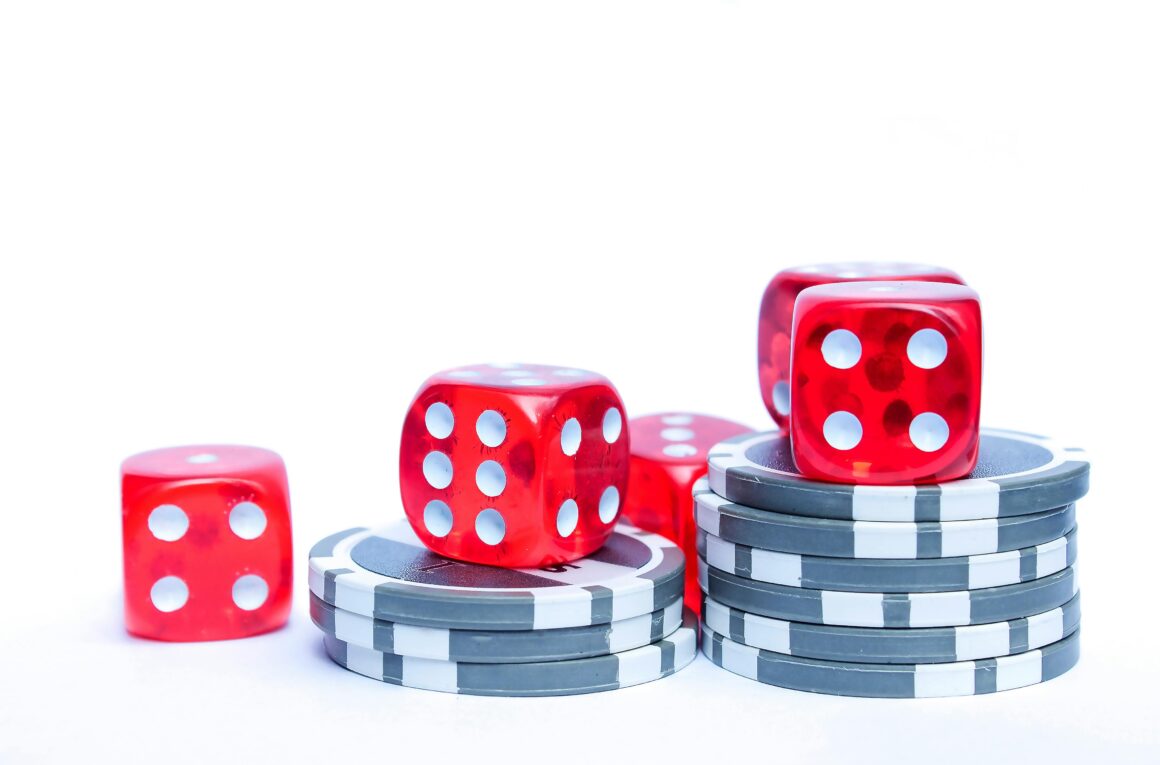A few months ago, I sat in a club meeting for my school’s art and literary magazine, scrutinizing the minutiae of graphic design. Our sponsoring teacher interjected — “I’m not sure if you’ve noticed this or not,” she said, “but the colors of the sun … it kind of looks like the bisexual pride flag. Which might be something to think about.” Thoughtful silence prevailed. I didn’t mind the resemblance; what harm could it do, anyway, if students did interpret our cover as a show of support for the LGBTQ+ community?

But we lived in Ohio, a state known for its corn, concrete and conservatives. Moreover, our last meeting was still fresh in our minds, where we discussed how much leeway our school administrators would allow us in terms of our content. Which subject matter might be too taboo, too controversial. “I don’t know,” I said into the quiet. “I don’t want to seem as though we are getting too political, when this is supposed to be about creative expression.” Murmurs of agreement answered me, yet a pang of discomfort hit my stomach.
In the end, we decided to keep the colors, chalking it up to the long hours we stared at the cover that led us to overthink. But the ache remained within me, nagging and persistent, like a cramp. A melding of remorse, shame and confusion. Or right at the intersection where those three met — a cognitive dissonance. A feeling that I’d politicized what was not meant to be political, and in doing so, cheapened it.
In another instance, just a few weeks ago, I was discussing the state of turmoil the U.S. was in with a friend. She hesitated. “I —” she paused. “Well, since you know I’m interning for a conservative political campaign … I would have posted something about Black Lives Matter, but I just … I just don’t think I should affiliate myself with that.”

This exchange lingered with me for a while, because it startled me even more than my own words about the art and literary magazine. When it came to political participation, it was her that always came to mind. Whenever she was a proponent for a cause, she committed both her heart and soul into it, as she did for everything, whether that be a holiday skit at her church or a school project. She practically vibrated with the spirit of activism.
Now, she seemed almost sheepish.
I wondered if she ever questioned her decision to work for a campaign that didn’t align with her personal views. Then, I wondered, why did it matter if the campaign was conservative or not? How should that have any bearing on the importance, the urgency, of the cause? Why should that dictate whether she publicly stands with the movement?
Since when did one’s political ideology be the determinant of our morals?
Political parties, at first, simply delineated those who supported a centralized government from those who supported a decentralized government. Then, it became a way to identify the agrarian, small town folks apart from the city, elitist merchants. The Civil War happened, and political parties burrowed deeper into the material of society, separating abolitionists from plantation owners, those who championed liberty from those who didn’t. The moment slavery ran along party lines, was the moment politics slipped into the purview of every citizen and forged a relationship with our ways of life.

In school, we learn that Democrats support government intervention and Republicans want deregulation. We are taught the economics, the basics, of it all, but we rarely acknowledge the reality: politics encompass far more than political issues and political institutions. They are the foundation of every philosophical debate, every moral high ground, every decrepit part of history. They are a way to know ourselves, to know each other; to join communities, to crucify others.
There are blood types, Zodiac signs and Myers-Briggs personality types, but the most instinctual, the most archaic descriptor of a person today, is their political leaning. Analysis of policy proposals from our politicians are accessorized with striking headlines about their scandalous pasts or their unparalleled generosity. Political campaigns are not fueled by actionable plans or political jargon, but by catchy slogans — Make America Great Again — or poetic, moving phrases meant to sow hope. In conversation, all you have to do is point at a person and say “He’s a liberal” or “She’s a conservative” with a knowing tone, and the other will instantly nod with understanding, as if that explains all their behavior.
There are benefits to this, of course. Politics are a safety valve for us to discharge all of our grievances, our pent-up rage. Democratic participation increases dramatically in the face of human rights and other social issues. There are numerous ways to bring problems to the policy agenda within our governments, whether that be peaceful protests or lobbying officials or showing up to every election in your district. And when the whole country engages in a single cause, when we divert all of our attention, this devotion unifies us — nothing is more sobering or more motivating than injustice. Fighting against it is a sort of national catharsis.

The repercussions, unfortunately, we are all too familiar with. Throat grabbing attacks from the media. Coverage that hits right for the jugular. And hatred. The festering, blackened type, too deep to be excised, but too painful to ignore. It cleaves through relationships, leads to strangers despising strangers as if they committed personal offenses towards each other. Hyper-partisanship, lack of communication between both sides. Policy gridlock. Pain. Oppression.
Climate change is about survival, we always say. Police brutality is about our humanity, about Black people’s right to live and breathe and love as the rest of us do. And, certainly, this is an idyllic stance on things, but it just isn’t realistic.
Politics is the vein that runs through each of these issues, despite how hard we try to deny it. No one can say that they aren’t into politics, no one can detach themselves from it. At this point, to be a part of society is to be a part of politics. To be a part of a demographic, to be a part of a group, whether that be through gender or race or sexual identity, is to be a part of the ongoing political discussions that concern us. For those who want more insight into this phenomenon, called “identity” politics, check out this article: “‘Identity Politics — Are They A Problem And When Did They Become One?”
Photo Courtesy of Sushil Nash




